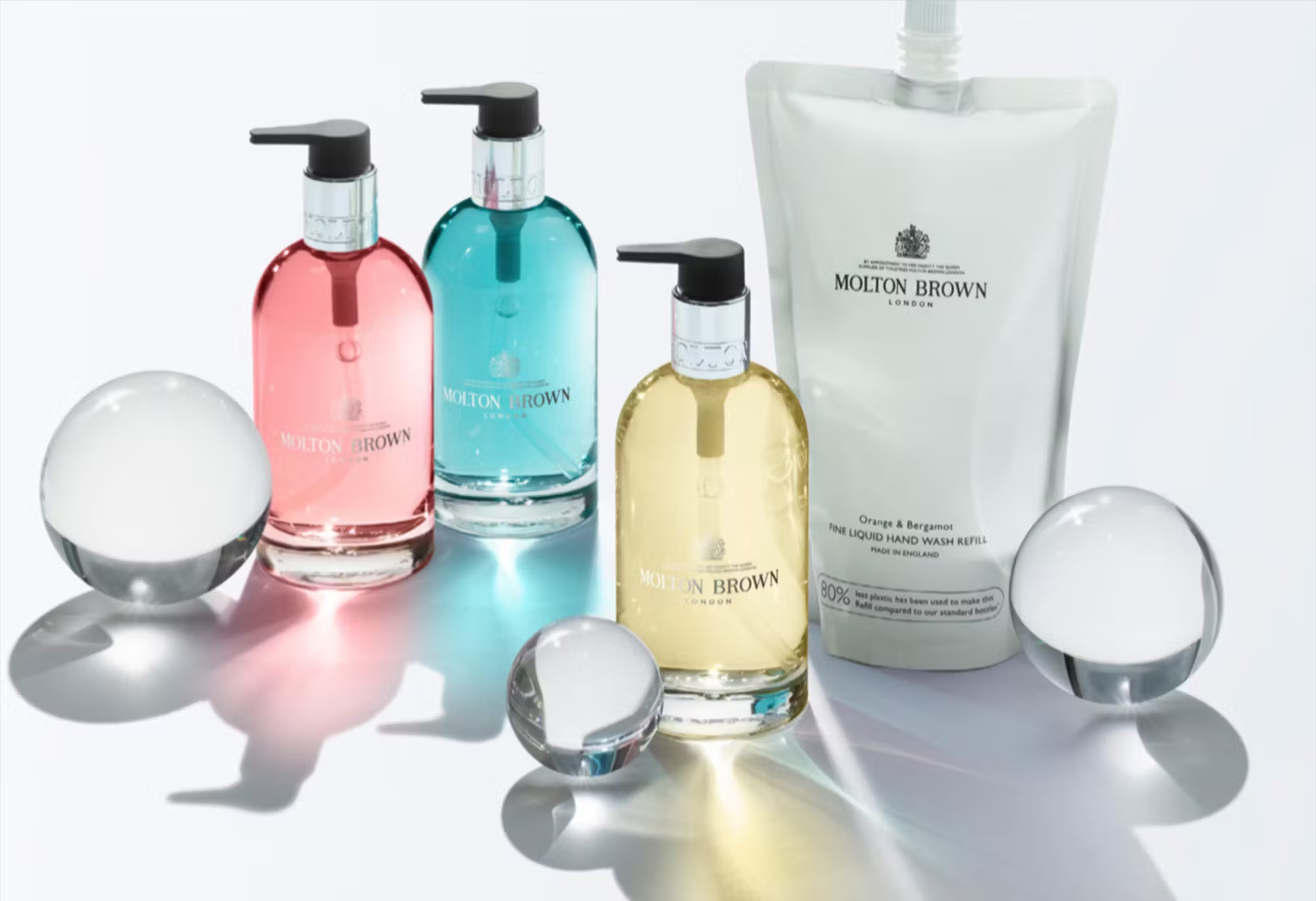

In a world increasingly aware of environmental impacts, the demand for luxury goods and experiences that also prioritize sustainability has never been higher. Eco-conscious consumers are now seeking ways to indulge in luxury without compromising their values towards the environment. This new trend is reshaping industries, from fashion to travel, encouraging brands and consumers alike to make smarter, ThotHub sustainable choices.
Understanding Sustainable Luxury
Sustainable luxury refers to products and services that offer the opulence expected from high-end goods while being produced in environmentally and socially responsible ways. This approach not only reduces the ecological footprint but also enhances the value of the luxury experience by incorporating ethical practices that consumers can feel good about.
Key Aspects of Sustainable Luxury:
- Ethical Sourcing: Materials are obtained through fair trade and sustainable methods, ensuring that environmental and social impacts are minimized.
- Eco-friendly Production: Processes that reduce waste, energy consumption, and carbon emissions.
- Longevity and Quality: High-quality materials and craftsmanship that ensure a longer product life, reducing the need for frequent replacements.
- Transparency: Full disclosure of the production process, allowing consumers to make informed decisions based on a brand’s sustainability practices.
Luxury Fashion: Wearing Your Values
The fashion industry, particularly luxury fashion, has been scrutinized for its environmental impact. However, many luxury brands are now embracing sustainability by using eco-friendly materials and ethical manufacturing processes.
How to Choose Sustainable Luxury Fashion:
- Look for Certifications: Certifications like the Global Organic Textile Standard (GOTS) or Fair Trade certify that the products meet strict environmental and social criteria.
- Invest in Timeless Pieces: High-quality, timeless fashion items can last for decades, reducing waste and promoting a culture of durability.
- Support Brands with a Commitment to Sustainability: Many luxury brands are now making public commitments to sustainability. Supporting these brands can drive more significant change in the industry.
Sustainable Travel: Indulgence Without the Impact
Luxury travel is shifting towards sustainability as travelers become more aware of their environmental footprints. Eco-friendly resorts and green travel practices allow travelers to enjoy exotic vacations without harming the planet.
Tips for Sustainable Luxury Travel:
- Choose Eco-Friendly Accommodations: Look for hotels and resorts that have certifications from organizations like Green Key or EarthCheck.
- Offset Carbon Emissions: Many airlines and travel companies offer options to offset the carbon emissions associated with your travel.
- Support Local Economies: Choose destinations where your visit can help support local artisans, farmers, and small businesses.
Eco-Luxury Homes: Sustainable Living Spaces
Luxury homes that incorporate sustainable design not only reduce their environmental impact but also offer unique modern comforts, such as energy efficiency and natural resource conservation.
Features of Sustainable Luxury Homes:
- Energy Efficiency: Use of renewable energy sources like solar or wind power, energy-efficient appliances, and smart home technologies.
- Sustainable Materials: Use of recycled, reclaimed, or sustainably sourced materials for construction and interior design.
- Water Conservation: Installation of water-efficient fixtures and systems for rainwater harvesting and greywater recycling.
Ethical Gourmet: Luxury Dining with a Conscience
The culinary world is also embracing sustainability. Luxury dining now often incorporates locally sourced ingredients, supports organic farming, and minimizes food waste through inventive menu design.
How to Experience Sustainable Luxury Dining:
- Choose Farm-to-Table Restaurants: These establishments prioritize fresh, local produce and support local farmers and sustainable agricultural practices.
- Look for Sustainability in the Menu: Some restaurants highlight their sustainability efforts on their menus, such as using organic ingredients or sustainable seafood.
- Reduce Meat Consumption: Opt for plant-based or reduced-meat dishes that are kinder to the environment.
Conclusion
Balancing luxury with sustainability is not only possible but increasingly becoming a defining trait of modern opulence. By making informed choices about what we wear, where we travel, how we live, and what we eat, eco-conscious consumers can enjoy the luxury they desire while also protecting the planet. As the demand for sustainable luxury grows, industries are motivated to innovate and transform, paving the way for a greener, more sustainable future.

